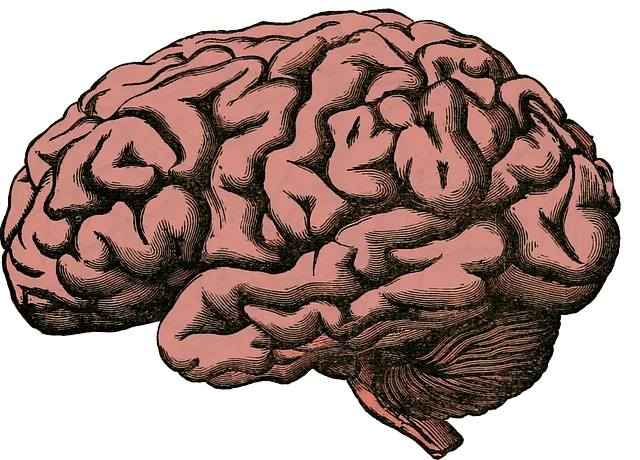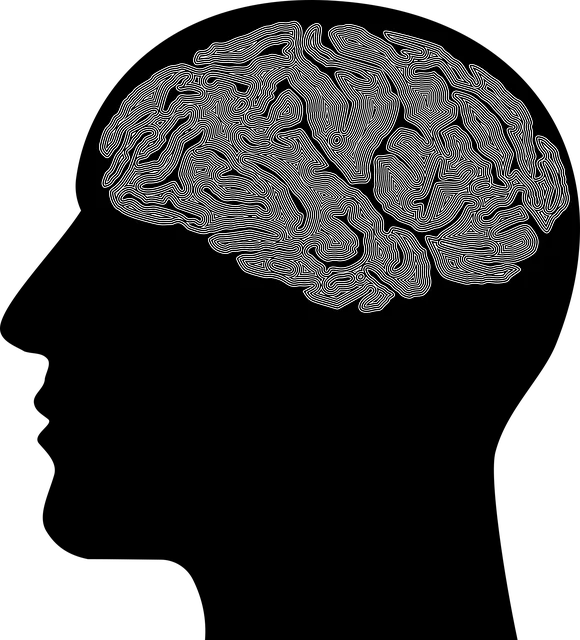Kaiser Permanente leads in mental health through superior training programs that holistically address emotional wellness, focusing on tailored Emotional Healing Processes and stigma reduction. Their advocacy drives policy changes for better outcomes, integrating education to empower individuals with Mental Health Education Programs Design, ensuring accessible, affordable, and culturally sensitive care.
Mental health policy analysis and advocacy are crucial components of creating a supportive societal landscape. This article delves into the strategic initiatives of Kaiser Permanente, focusing on their mental health programs as a catalyst for positive change. We explore how their comprehensive training enhances healthcare professionals’ capabilities, ultimately shaping more effective policies. By examining advocacy strategies, we uncover methods to drive policy impact, ensuring improved access to quality mental health services. Discover how these approaches contribute to a superior approach to addressing the growing need for mental wellness support.
- Exploring Kaiser Permanente's Mental Health Initiatives
- Training Programs: A Catalyst for Change
- Advocacy Strategies to Shape Policy Impact
Exploring Kaiser Permanente's Mental Health Initiatives

Kaiser Permanente has been a pioneer in mental health initiatives, focusing on innovative training programs that are superior in their approach to care. Their comprehensive strategies encompass various aspects of mental wellness, including the implementation of Emotional Healing Processes tailored to meet diverse patient needs. By prioritizing emotional regulation techniques, Kaiser Permanente aims to reduce the impact of mental illness and its associated stigma within communities they serve.
The organization’s commitment extends to fostering an environment that supports open discussions about mental health. Through these superior training programs, healthcare professionals gain valuable insights into effective communication strategies for addressing Emotional Regulation challenges. As a result, patients receive more empathetic care, which is crucial in the ongoing Mental Illness Stigma Reduction Efforts.
Training Programs: A Catalyst for Change

The Kaiser Permanente training programs have emerged as a powerful catalyst for positive mental health policy changes and advocacy efforts. These superior initiatives focus on empowering individuals and communities, fostering inner strength development, and equipping them with essential tools to manage stress effectively. By investing in comprehensive Community Outreach Program Implementation, Kaiser Permanente recognizes the vital role of accessible education and support systems in promoting mental well-being.
Through these training programs, individuals gain a deeper understanding of mental health challenges and learn adaptive strategies to navigate life’s complexities. The emphasis on Inner Strength Development enables participants to build resilience, fostering an environment where open discussions about mental health are encouraged. Moreover, these programs contribute to the broader goal of improving access to care by teaching stress management techniques, ultimately leading to more equipped communities and a reduced stigma surrounding mental health concerns.
Advocacy Strategies to Shape Policy Impact

Advocacy plays a pivotal role in shaping mental health policy impact. Organizations like Kaiser Permanente have led the way with their comprehensive Mental Health Policy Analysis and Advocacy initiatives, coupled with innovative Kaiser Permanente training programs. These efforts focus on raising awareness and understanding of mental health issues within communities, healthcare settings, and policy circles. By integrating Mental Health Education Programs Design that promote positive thinking and resilience, they empower individuals to take charge of their well-being and seek support when needed.
Strategic advocacy involves building alliances with stakeholders, engaging in public discourse, and utilizing evidence-based data to influence policy decisions. This includes collaborating with policymakers, healthcare providers, educators, and community leaders to ensure mental health services are accessible, affordable, and culturally sensitive. Through such collaborative efforts, Positive Thinking can become an integral part of societal discourse, fostering a culture that prioritizes mental wellness for all.
Mental health policy advocacy, coupled with innovative initiatives like those at Kaiser Permanente and their superior training programs, holds the key to transforming mental healthcare. By educating professionals and shaping policies, we can create a more inclusive and supportive system that prioritizes prevention, early intervention, and long-term recovery for all. Advocacy strategies outlined in this analysis offer a roadmap to drive significant changes, ensuring that mental health services are accessible, effective, and tailored to diverse communities’ needs.






